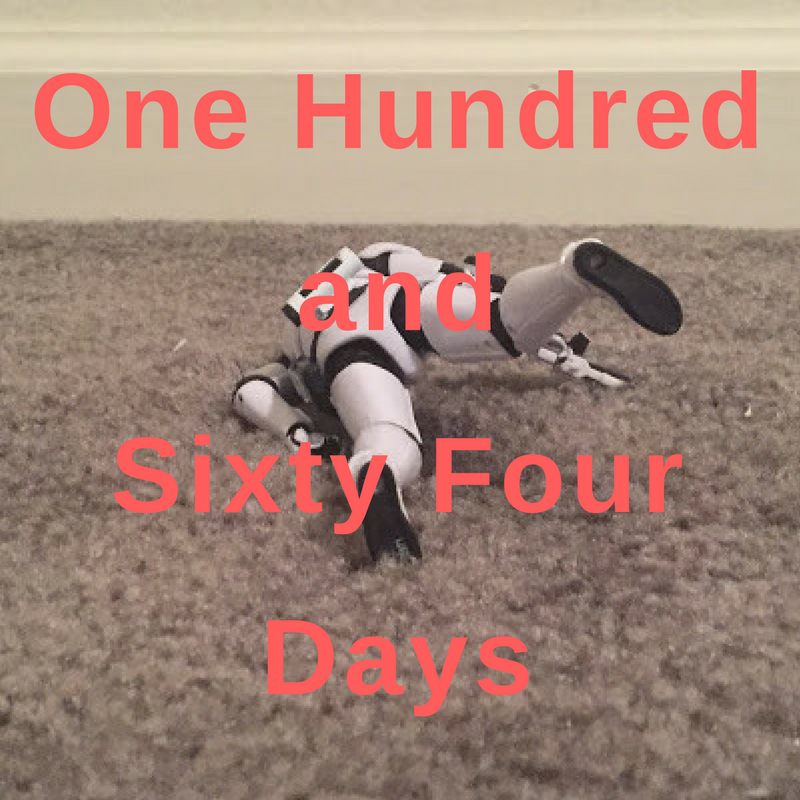(Note: I didn't wake up today with a burning desire to write a post on Garth Ennis. This is the result of a brief exchange on Twitter, spurred by this post at TCJ.com, which in turn spurred a desire to elaborate my thoughts on the matter for general edification.)
I used to love Garth Ennis, and there are many books of his that I still treasure. His run on The Demon? The best that character has ever been written. Hellblazer? Ditto, maybe, but I'm sure there are some Jamie Delano fans who would argue the point. Hitman? very good in places, even if it drags a little in the second half.
Preacher?
There was a time when I thought Preacher was a stone-cold masterpiece, where I would have defended the series to all comers. But now, I don't know anymore. I was convinced for a long time that the real drama in Preacher came from the ways in which Ennis methodically tore down a slew of traditional masculine stereotypes and replaced them with something more ambiguous. I was convinced that Jesse Custer's character arc was all about refuting the image of John Wayne as the superhero of American manifest destiny. At the end, after all, he dies pretty conclusively, and is only saved through no fault of his own. He almost loses the girl because he was such an egocentric, chauvanistic asshole. And Cassidey is allowed a moment of grace as the guy who Saves the Day, partially redeeming someone who had turned out to be the scuzziest villain in a series filled to the brim with scuzzy characters.
But now, I don't know if I was reading too closely or not closely enough. Everything Ennis has done since has reinforced the most facile view of his work: maybe, just maybe, he really is deadly serious about reinforcing all the old bits from all those old stolid war movies and westerns, only slightly modifying them with the occasional half-hearted nod to feminism and multiculturalism. The black humor in his stories curdled somewhere along the way. Arseface was a generally comic figure who was redeemed by his eventual star turn as - by the book's end - the most sympathetic character in the book. Now? Well, I am reminded of that awful Fury series from the first year of Marvel's MAX line, and the bit with Fury's worthless poindexter of a nephew. An absolute clown, clownish because of his incompetence and his weakness and his blithe enthusiasm. We're supposed to relate to Fury's humiliation at having to put up with such a monstrously embarrassing relation - but I didn't have that reaction. Fury comes off as an asshole, and Ennis looks like a bully for putting us in the position of laughing at the weak simply because they're weak.
There was something cruel in his parody that overstepped the line between between honest parody and simple, petty bullying. Whereas it was once possible to defend his parody work because it supported some generally interesting stories - particularly in Preacher, the grand guignol tone is integral, and it's hard to imagine those stories working quite so well without the black, bleak nastiness. But lately, it's hard to defend his work on any basis. It seems mean spirited, in such a way as to cause me to retroactively reevaluate a few series which I had previously given a "pass."
If there is one moment that really stands out, there's a single sequence in his Herogasm mini that stands as one of the most repulsive things I've ever read. I am hardly one to beat the drum against misogyny - I'm always willing to give the artist the benefit of the doubt, and I'm hardly going to judge any writer based on my perception of his intention. The work speaks for itself. Keep in mind I'm the biggest Brett Easton Ellis fan you're likely to encounter (well, my girlfriend possibly loves American Psycho more than I do, but still).
But this sequence - well, I'll show it to you, and you can judge for yourself:
I don't know if I can put my finger on exactly why this one scene was the tipping point for me, all I can say is that as soon as I finished this comic I felt a strong urge to never read another Ennis comic again. It seemed gratuitous - more than merely, say, a villain being villainous to prove his villainy, it seemed like just one more example of really horrible people saying really horrible things to each other, humiliating other people for no reason other than to allow us, the paying audience, to watch the fireworks. The whole Herogasm mini is dedicated to showcasing irredeemable assholes treating women like shit, treating men like shit, treating the public like shit, and ultimately erecting a picture window into a world of which I no longer have any desire to be a part.
I'm not going to sit here and say Garth Ennis hates women, or that he's a misogynist, or that his work should be picketed - I just knew, as soon as i read that comic, I didn't want to read any more. Suddenly, a few things clicked for me: all the little excuses people have made about his work might just add up to a monumental case of enabling, based on years of stored-up good will stemming from a number of very good early works which, unfortunately, succeeded well enough to give Ennis just enough autonomy to hang himself with the rope of his own worst impulses. (Strained metaphor, I know.) His comics just seem mean to me now, and its the kind of petty, unjustified meanness that makes me want to rethink my engagement with all his work, not just the rapidly diminishing returns of his last few years.
So you ask why I don't like Ennis? Ultimately, I'm not really looking for an engagement or critical discussion: I no longer believe his work merits serious thought. If you add up everything he's done since around 2000 it doesn't add up to one tiny fraction of the worth of his 90s work. It's grotesque and hysterical and frankly repulsive.
Really, what happened to the Garth Ennis who wrote Dangerous Habits and the Heartland one-shot, or even "Zombie Night at the Gotham Aquarium"? I don't know, and frankly, I just don't care any more.




